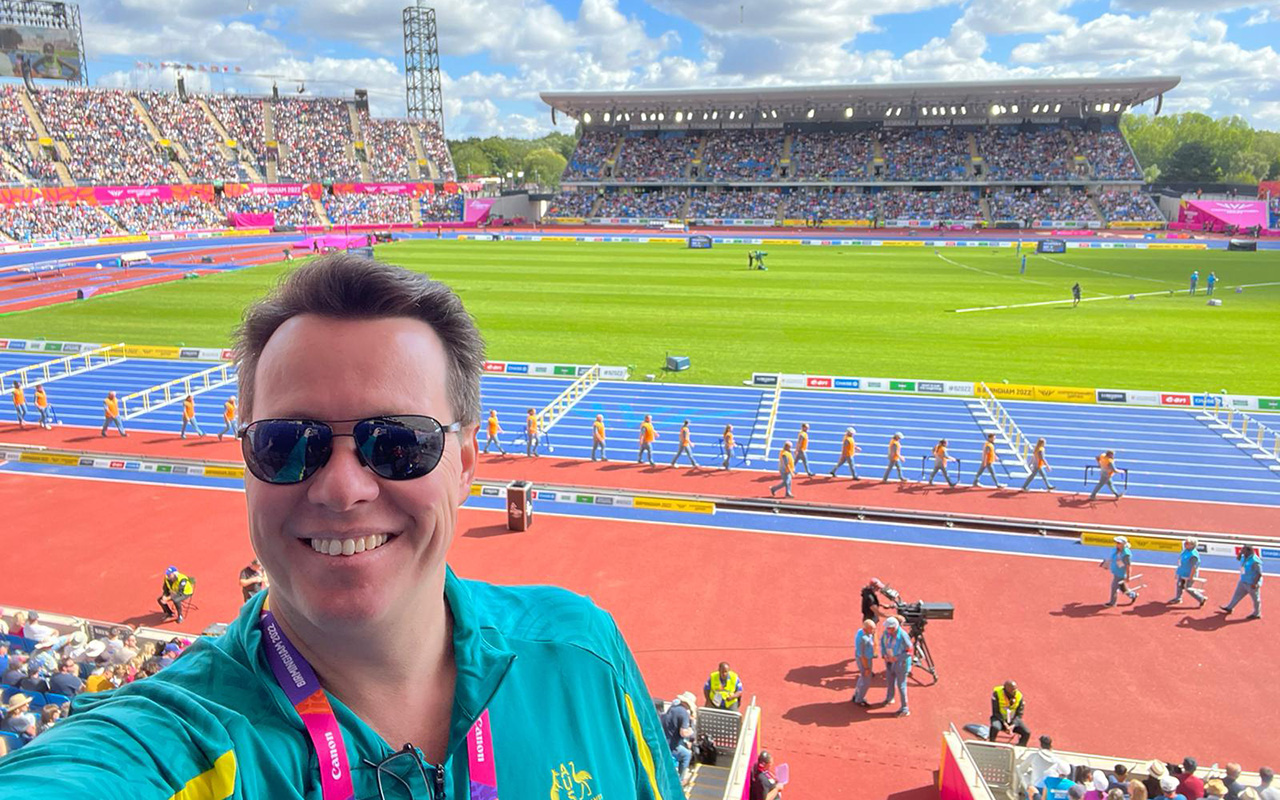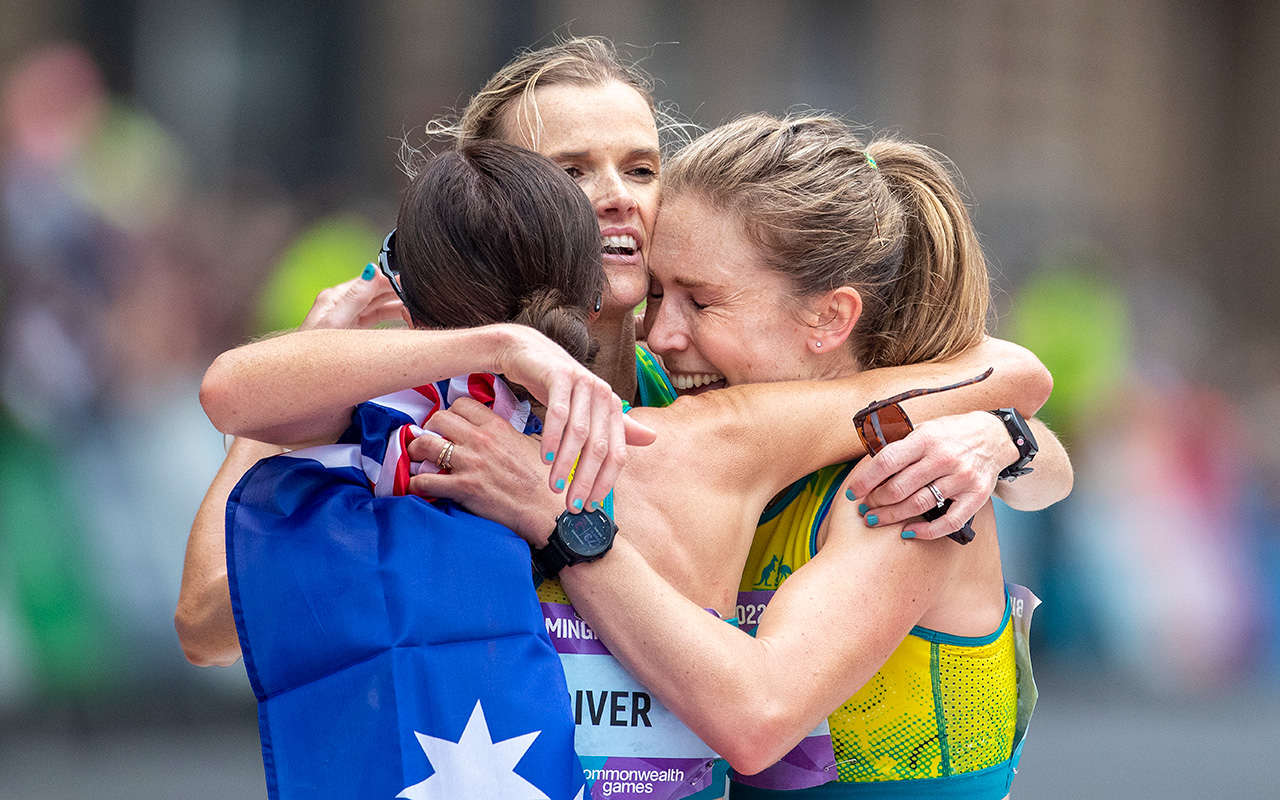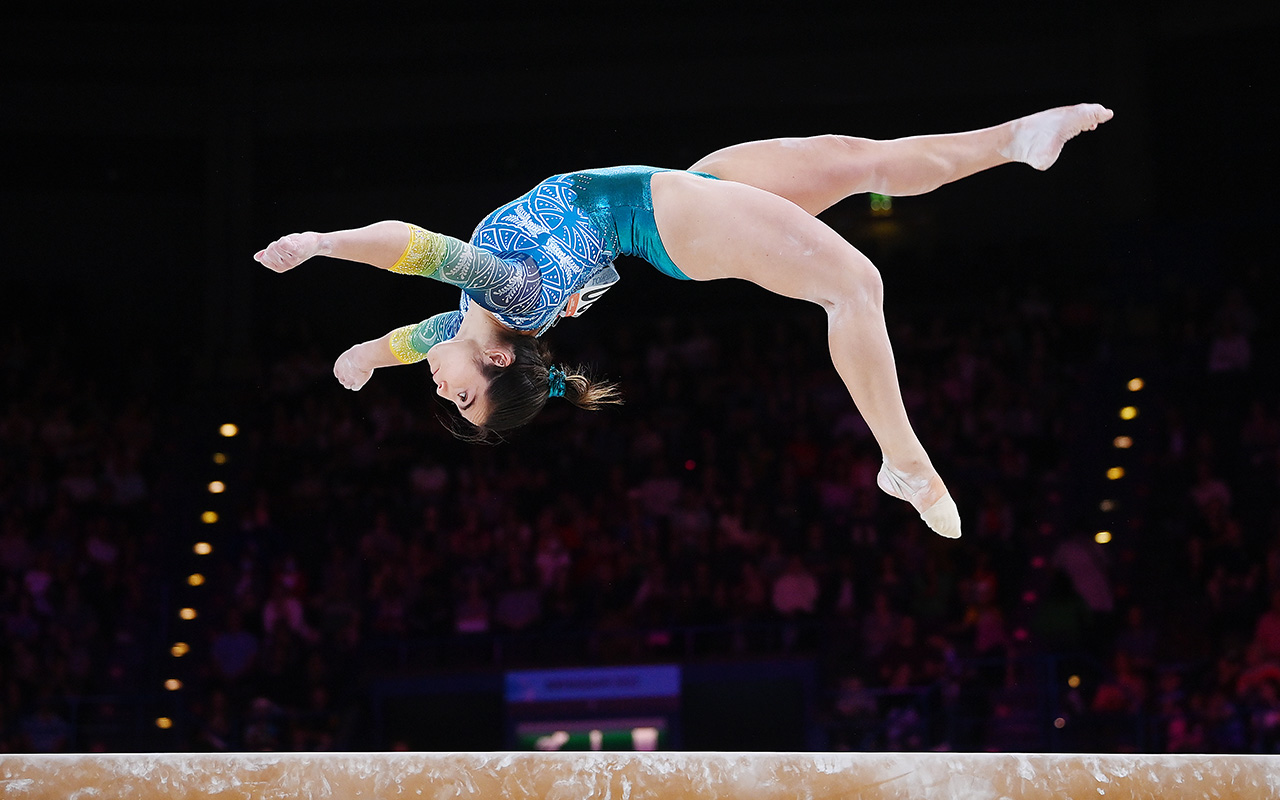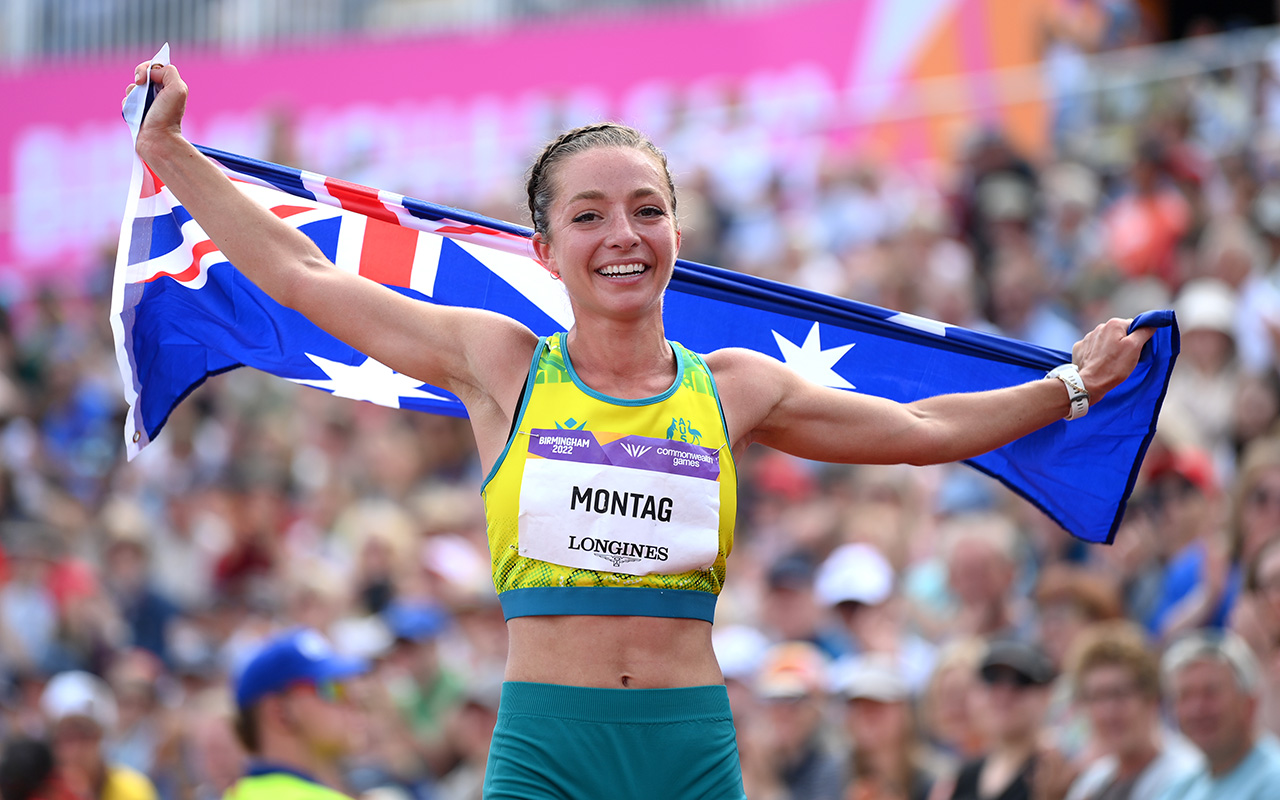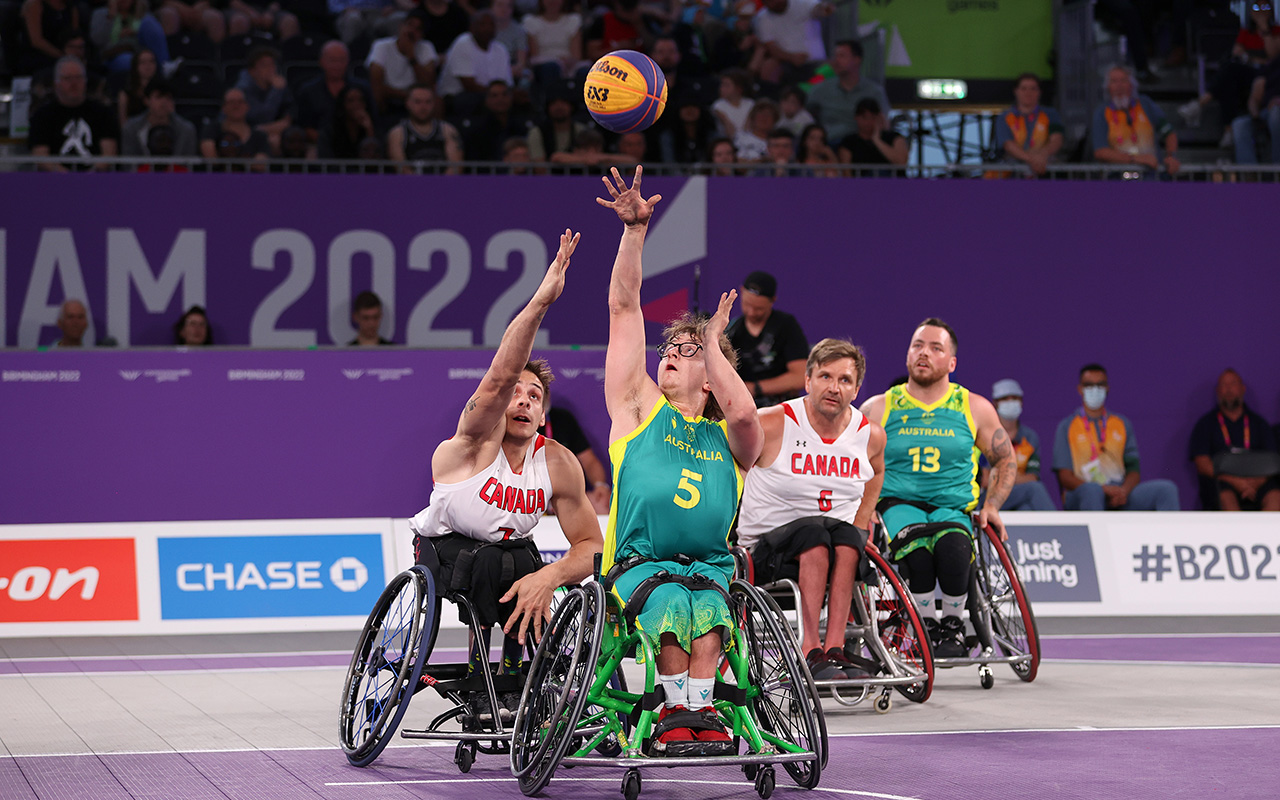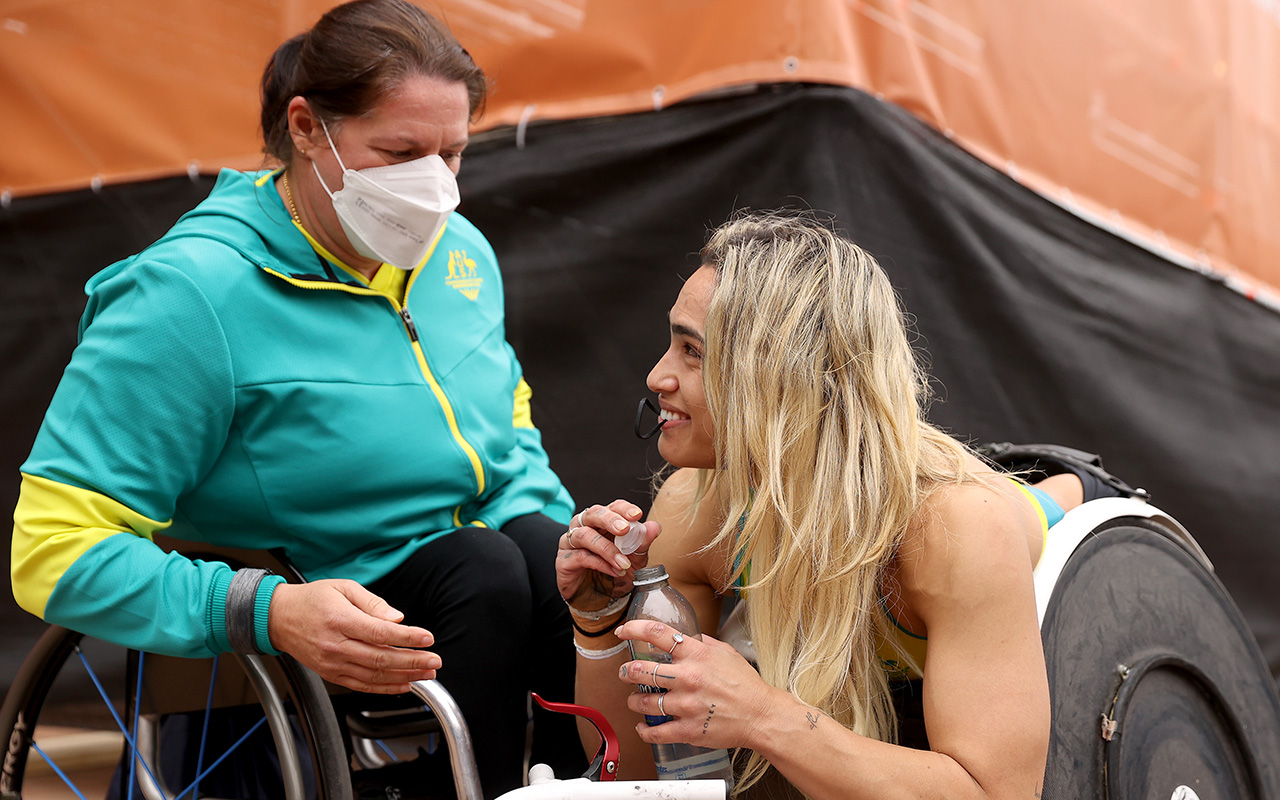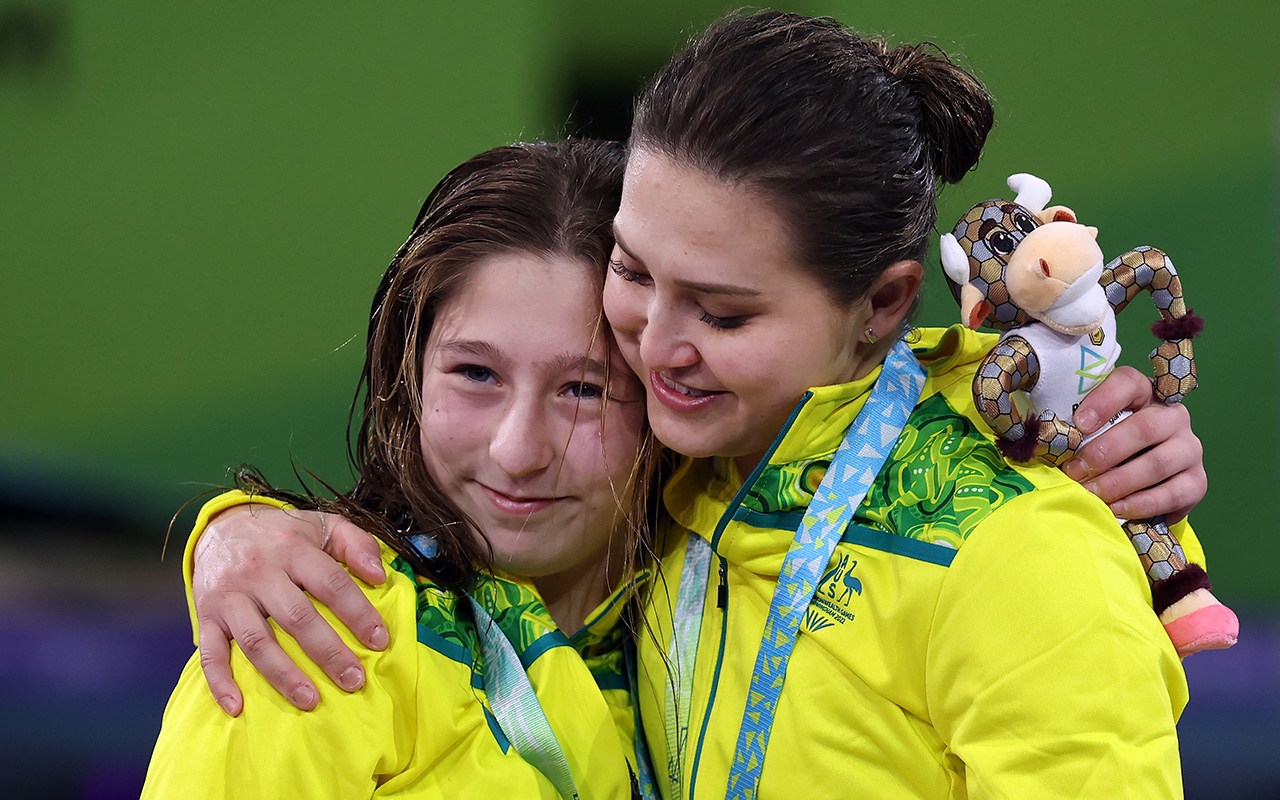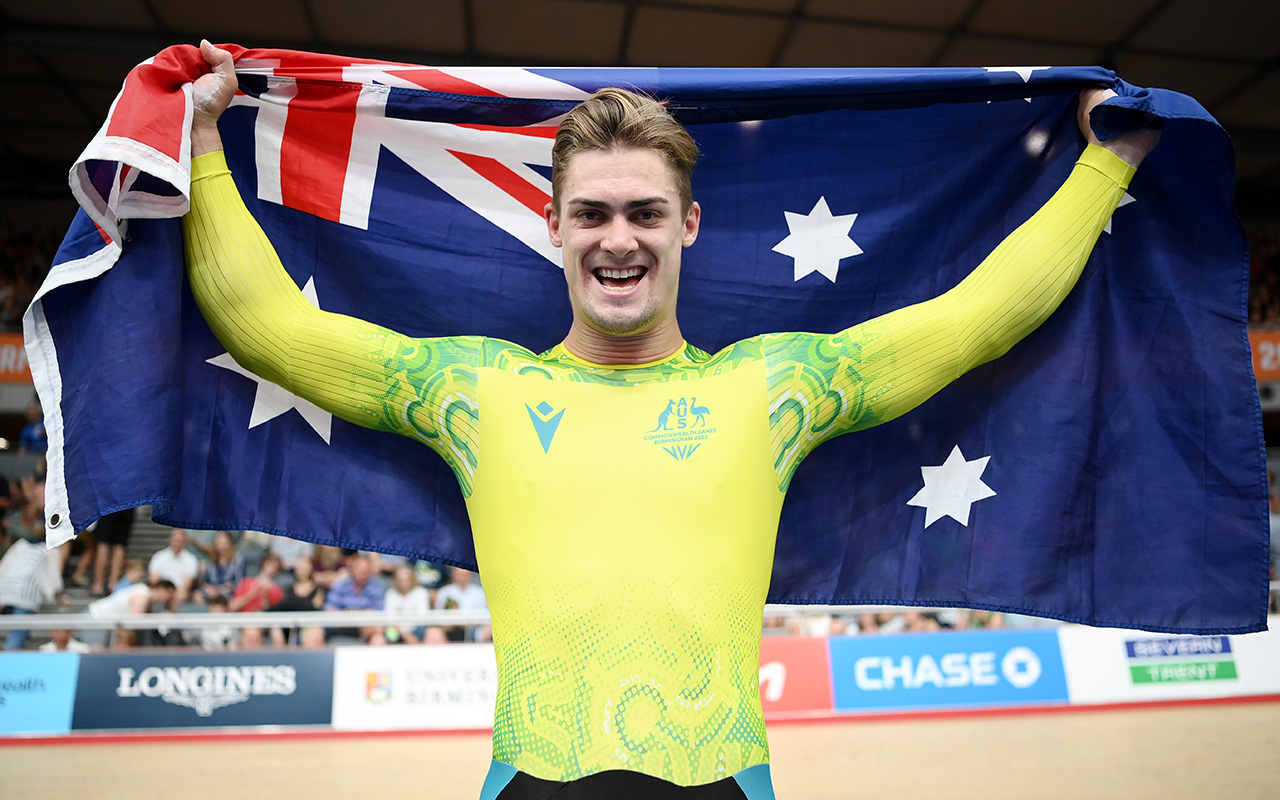09 August 2022
'Inspiration was everywhere'. Australia topped the medal count at the Birmingham Commonwealth Games, but Australian Sports Commission CEO KIEREN PERKINS says the real story of success was in every single moment of human triumph over the past fortnight.
Topping the gold medal tally in Birmingham is wonderful recognition of Australia’s collective success at these Commonwealth Games.
But the real stories of success, and why these medals matter so much, have been told by every single moment of human triumph over this past fortnight. Inspiration was everywhere.
Swimmer Emma McKeon has now won more Commonwealth Games medals than any athlete in history, 20, including 14 gold. She is beyond extraordinary. So too, track and field star Madison de Rozario , now Australia’s most decorated Para-athlete with four gold from two Games.
New champions emerged. Ollie Hoare overtook two world champions down the stretch to set a Games record and become our first 1500m track and field champion since legendary Herb Elliott. Eighteen-year-old swimmer Mollie O’Callaghan eclipsed McKeon and others in the women’s 100m, giving us a glimpse of the new generation that is coming ahead of the 2024 Paris Olympic and Paralympic Games.
How incredible that our youngest Australian team member, 14-year-old Charli Petrov, won gold in the synchronised diving, alongside a mentor in Melissa Wu. Melissa , rewarded as flagbearer in the closing ceremony, was only 13 when she made her Commonwealth Games debut in 2006, before Charli was even born.
Resilience was rewarded. Track cyclist Matt Glaetzer returned from thyroid cancer, not to mention a heavy crash earlier in competition, to take two gold in Birmingham. Gymnast Georgia Godwin almost didn’t make it to the Games because of complications from double-ankle surgery 12 months earlier, instead she emerged with two gold, among her bag of five medals.
We need to ensure that the aspiration to win and the commitment to wellbeing go hand-in-hand.
Kieren Perkins, ASC CEO
When the big moments arrived, our athletes performed. Kelsey-Lee Barber again came up clutch in her very last throw to retain her Commonwealth Games javelin title, while lawn bowler Aaron ‘Disco’ Wilson celebrated his back-to-back golds with a throw of a different kind, tossing his shirt into the jubilant Aussie crowd.
Our teams gelled across multiple sports including cricket, rugby sevens, netball, beach volleyball, basketball, hockey, the combat sports, and many more. The Kookaburras won their seventh consecutive gold in hockey!
But one of the best examples of teamwork was in a sport that tests individual grit like no other, the marathon. An emotional Jess Stenson said she wished she could share her gold with her Aussie teammates, Eloise Wellings and Sinead Diver, instead the super mums shared the moment together with a teary embrace at the finish line.
There are too many stories to mention here, but gold medal race-walker Jemima Montag summarised it brilliantly: “Representing Australia means embodying the Australian values of mateship and a fair go and giving our all.”
“Giving our all” is something we can each commit to as we embark on this defining era for Australian sport. That’s exactly what it will take for Australian sport to build sustainable success over this Green and Gold Decade, culminating in the Brisbane 2032 Olympic and Paralympic Games.
The reality is, by population, we are greatly outnumbered by our international competitors. That’s why, together, we need to approach things better than anyone else to remain competitive on the world stage.
Results over the past 12 months at the Tokyo Games, Beijing Winter Games and now Birmingham have been encouraging and give us momentum, but they are no guarantee of future success. We must capitalise and continue to build because our generational opportunity starts now.
At the moment the Australian high performance system, across all states and territories, is working together on the development of a united sport strategy for 2032 and beyond, aiming to make the most of our collective talent and resources.
With this context in mind, it has been interesting to watch Birmingham up close and see what we could apply as we move towards hosting the next Commonwealth Games in Victoria in 2026.
First and foremost, athlete wellbeing and development pathways must continue to be prioritised. Sport at this level is tough and athletes are human, not indestructible. We need to ensure that the aspiration to win and the commitment to wellbeing go hand-in-hand. If we get that right, then we will continue to attract, progress and retain our best talent and put more athletes on the pathway to success.
Another insight is that we need to be open to the idea of doing things differently. One of the most engaging events for me to watch in Birmingham was the 3x3 wheelchair basketball, an adaption of the traditional sport which played out in front of full stadiums with an incredible atmosphere.
Following on from this point, Birmingham convinced me that the regional approach to the Victorian 2026 Commonwealth Games can work to great effect. It will be an amazing opportunity to take world-class sport to regional communities in Geelong, Ballarat, Gippsland and Bendigo, making it more accessible.
If we can continue to inspire more Australians through sport, then motivate them to actively engage in sport, the more successful we will be at every level.
Kieren Perkins OAM
CEO, Australian Sports Commission
